I interview sleep experts for a living — this is the easy tip I rely on to help me fall asleep quickly
It's improved my energy, helped me fall asleep quickly and stopped me from waking up at night
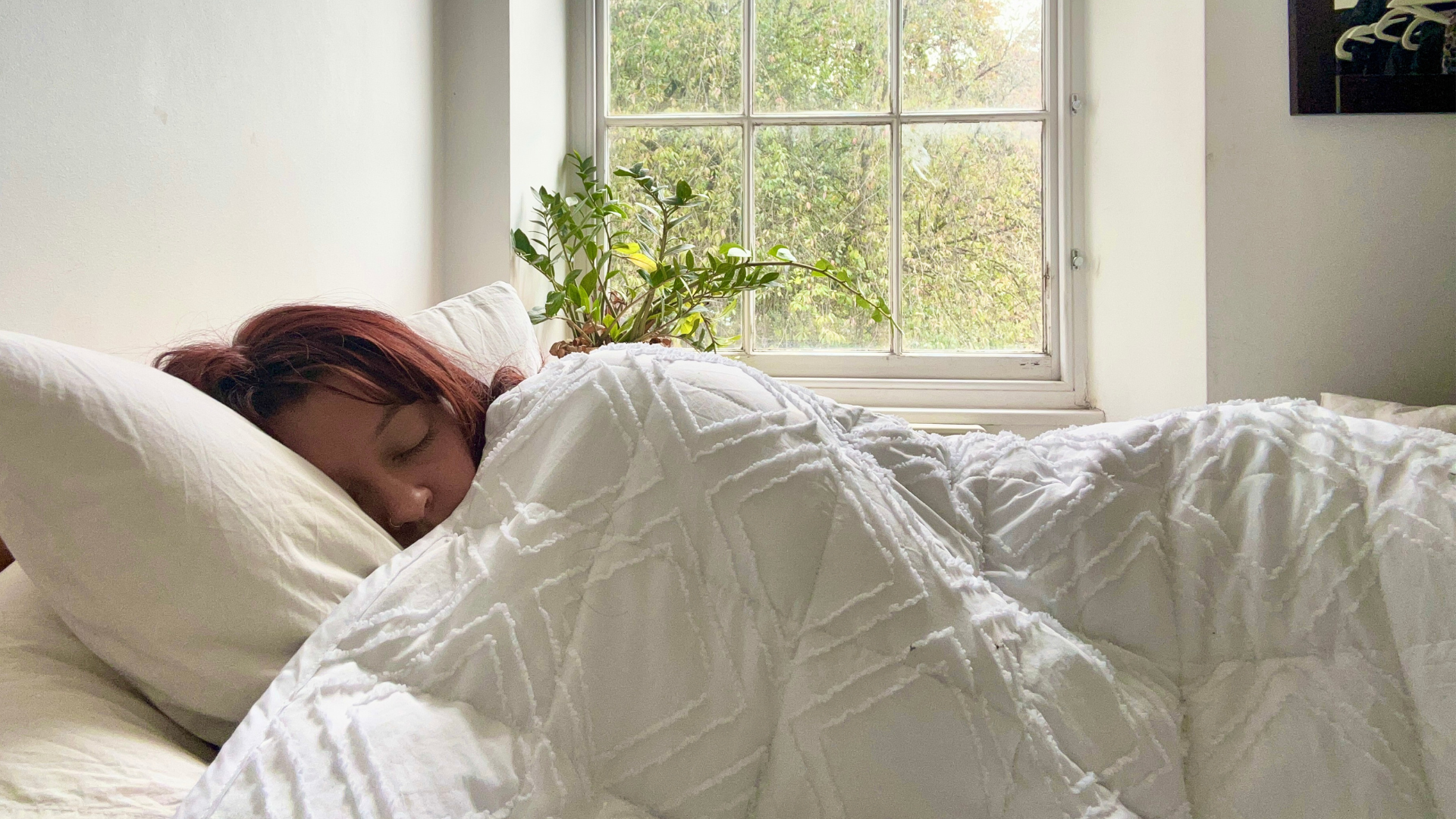
I joined the Tom’s Guide team back in August 2024 as the Sleep Features Editor. Since then, I’ve interviewed neuroscientists, been hooked up to brain wave monitors and spoken to countless sleep doctors and experts.
I’ve learned about every aspect of rest, from night terrors and sleep cycles to sleep apnea and restless leg syndrome, and I’ve tested all sorts of nighttime equipment, from the best mattresses of the year to mouth tape.
However, there's one thing I’ve learned that has transformed my own sleep quality above all else: sleep regularity is more important than sleep duration. Here, I’ll dive into why this matters and how it’s changing my night’s rest for the better.
Sleep regularity is more important than duration
For as long as I can remember, I've thought the ‘most important’ sleep rule was to get at least eight hours of sleep a night.
However, a 2024 study found that sleep regularity is a way to improve general wellbeing. More importantly, it's actually a stronger indicator of health and survival than sleep duration.
Sleep regularity simply refers to going to bed and waking up at a similar time everyday.
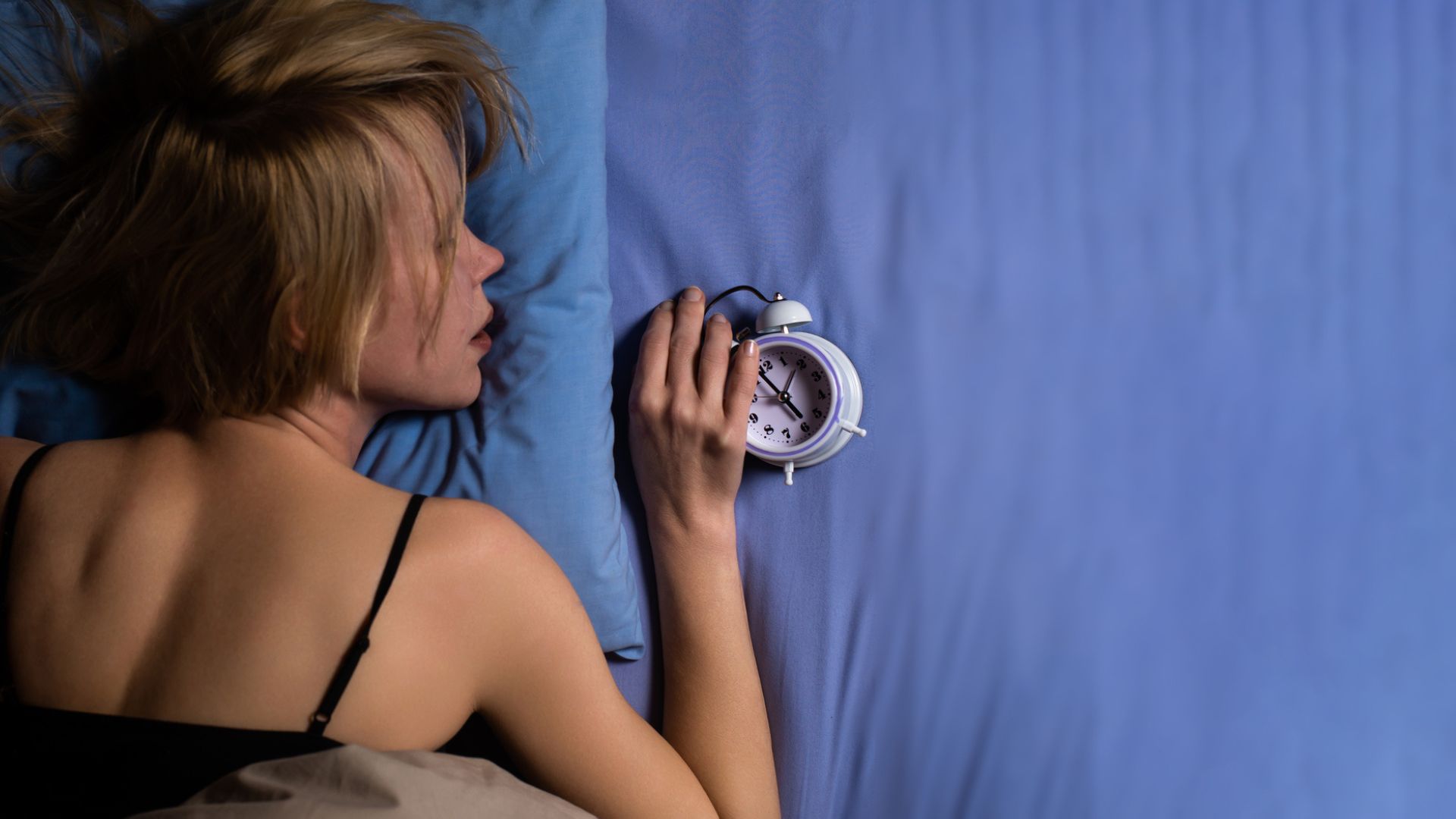
So, rather than ensuring you’re getting eight hours of sleep no matter what time you go to bed, simply waking up at your usual time (even after a late night) is actually better for your health, circadian rhythm and sleep and wake cycle.
A regular sleep schedule means that your body clock will be able to work at its best, releasing the right hormones at the right time of day.
That means melatonin in the evenings, which induces sleep, and cortisol in the mornings, to give you a boost of energy. This makes it easier to fall asleep, stay asleep and wake up naturally.
How sleep regularity has improved my rest
I used to be obsessed with getting at least eight hours of sleep a night, afraid of feeling fatigued during the day and not being able to keep up with my work and social commitments.
However, knowing that duration isn't the most important thing has put my mind at rest. Here’s how keeping a consistent schedule has improved my sleep health.
My nighttime anxiety has decreased
Many people know the feeling of staring at the ceiling with a racing heartbeat and a mind full of stressful and worrying thoughts.
As someone who has struggled with anxiety their whole life, nighttime anxiety was a huge issue for me. I dreaded bedtime and my sleep suffered.
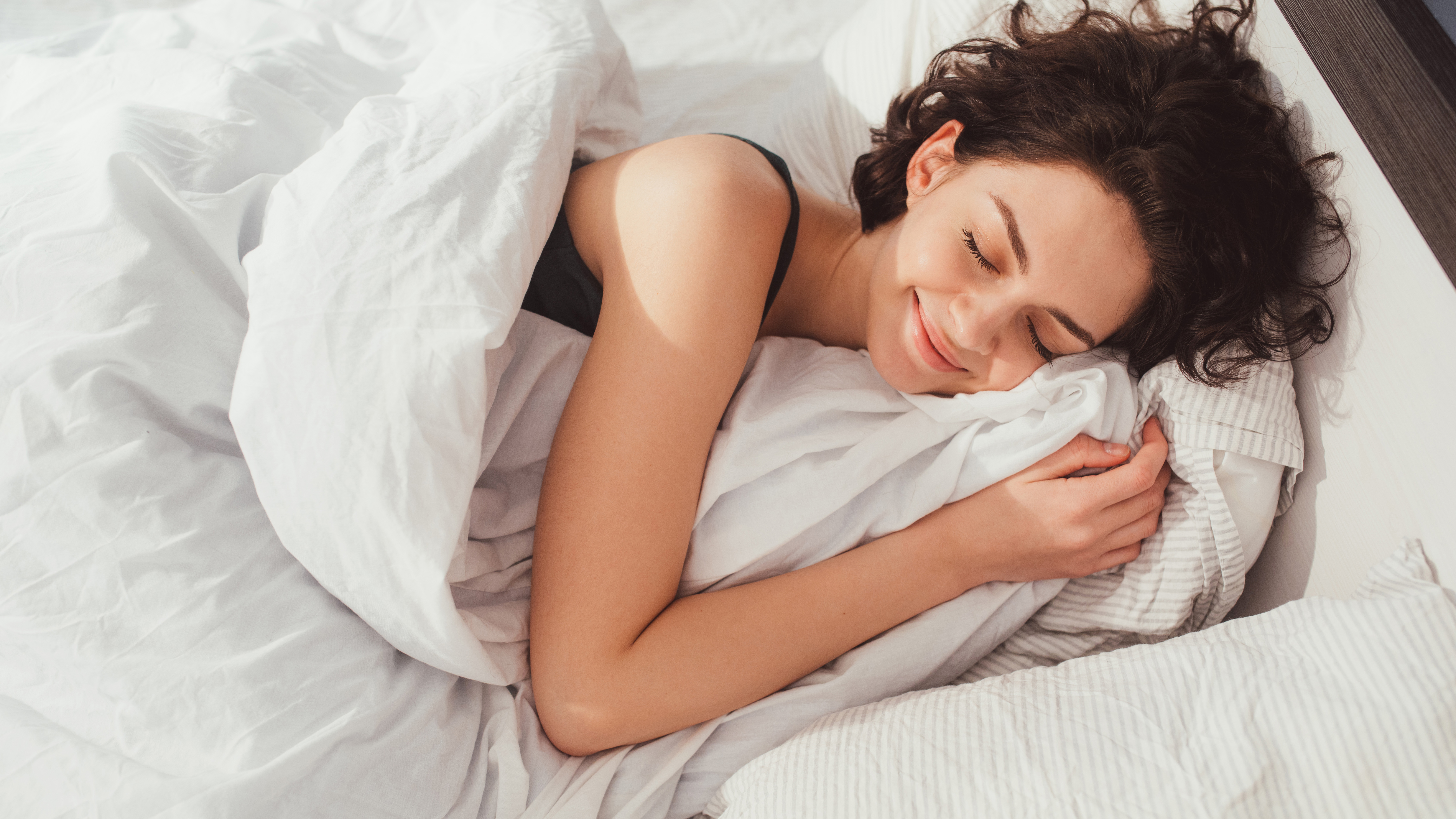
Not only did it take a while to drift off, but I found myself waking up in the night unable to fall back asleep.
A key cause of this anxiety was knowing I had to be up early but that after a disrupted night, there was no way I'd getting eight hours of sleep. I panicked I'd be tired which, in turn, made it even harder to sleep.
Since I’ve stopped worrying about sleep duration and focused on sleep regularity, bedtime doesn’t stress me out.
If I have to wake up early and I don’t think I’ll get a full eight hours, I’m reassured by the fact that even if I only slept for half that, maintaining my wake up time will help me in the long run.
I fall asleep quickly
Setting myself a bedtime initially felt childish, but actually, it means I now fall asleep in under 10 minutes most nights.
I don’t necessarily stick to a specific time every night, but more of a general period to start winding down.
I make sure I listen to my body and fall asleep when it feels natural. The longer I’ve been doing this, the more natural it has become, until now I tend to fall asleep quickly at around 11pm most nights.
My energy levels stay up throughout the day
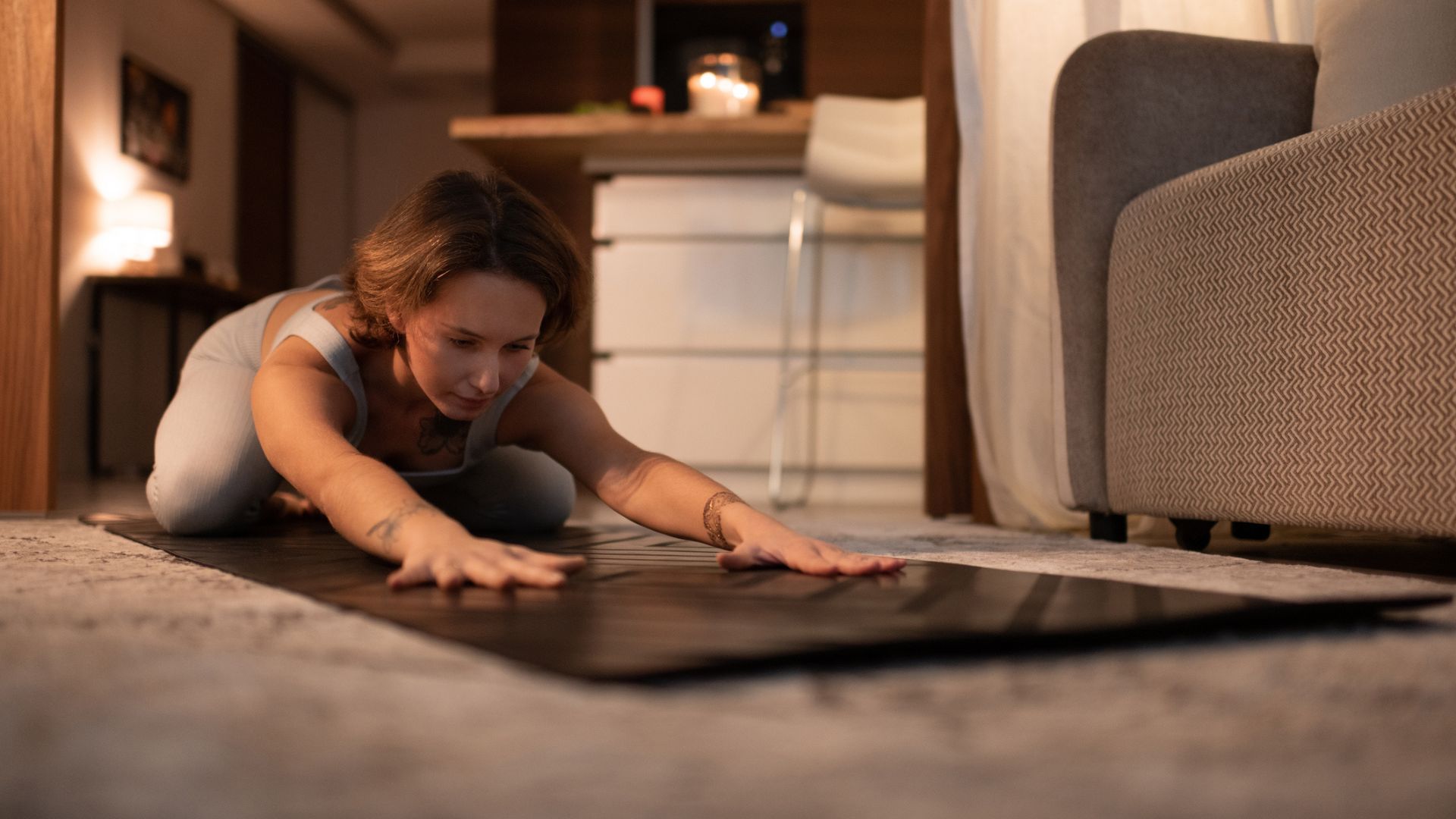
Previously, I struggled with big dips in my energy throughout the day. These would be difficult to push through and I got into the habit of napping most days in the afternoon.
However, now, I find my energy levels are stable throughout the day. I can’t remember the last time I took a nap and apart from the inevitable small afternoon slump, I feel enough energy to work and socialize all day until it’s time for bed.
3 other sleep tips I recommend
While sleep regularity has been my most important lesson, I have learned plenty of other effective sleep tips. Here are my top three:
Create a nighttime routine
Humans are creatures of habit, so repeating the same activities before bed as part of a nighttime routine can prepare your body and mind for sleep.
Activities like reading, having a warm bath, dimming the lights and preparing yourself for tomorrow can make drifting off to sleep easier.
Try soothing sleep methods
I still get the odd night where anxiety creeps in and I can’t sleep. However, breathing exercises, sleep methods and relaxation hacks have helped me relax.
One in particular that I’ve found effective is cognitive shuffling. This is intentionally scrambling your thoughts by visualizing random images until your brain stops trying to make sense of them and switches off.
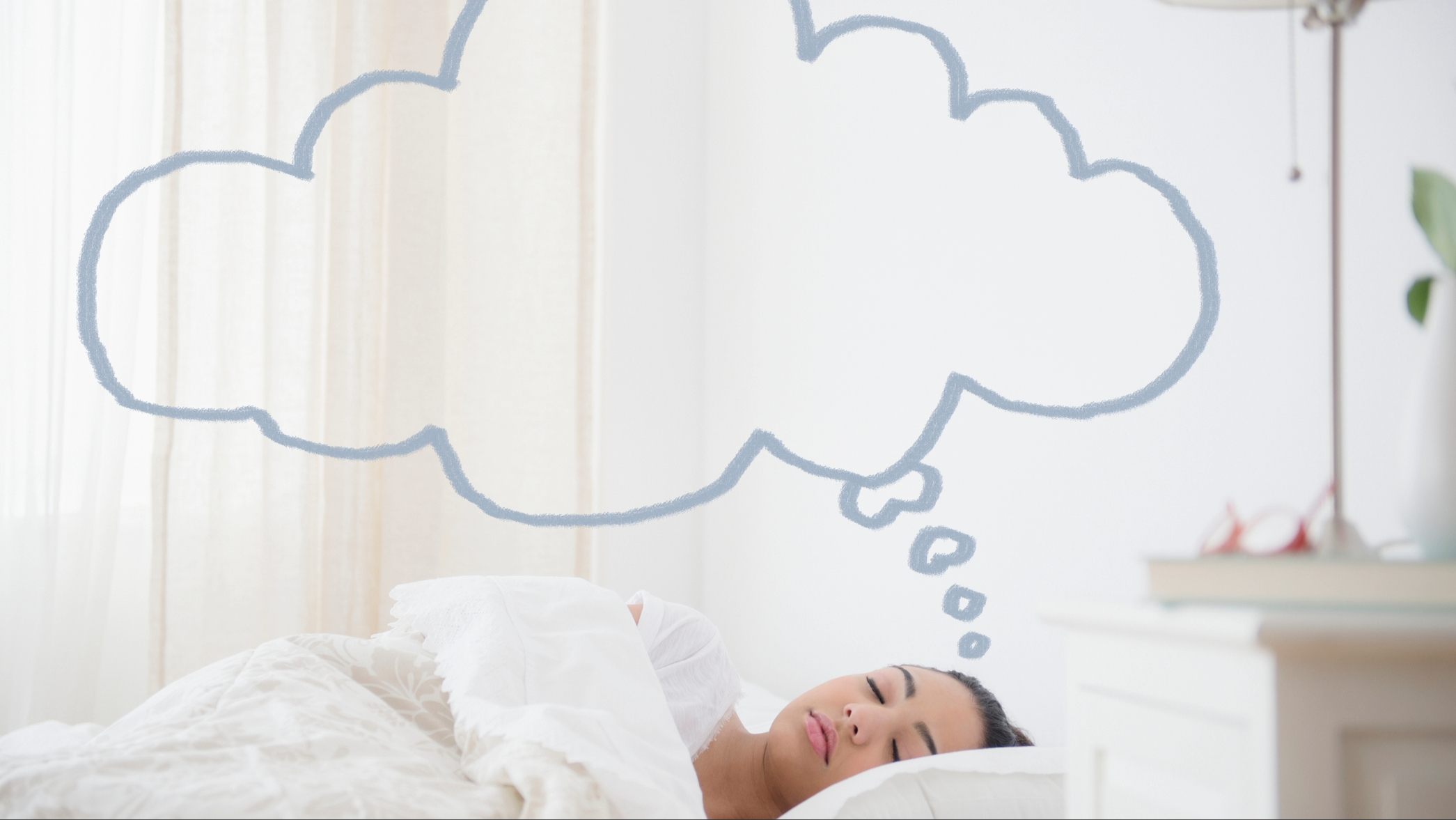
Educate yourself on sleep hygiene
The habits you have during the day and the evening can impact your sleep quality. This is called sleep hygiene, and I’ve discovered a lot of things can damage your sleep without you noticing.
For example, poor sleep hygiene could refer to eating late at night, staying up on your phone before bed or working from your bedroom.
Good sleep hygiene includes eating three balanced meals a day, ensuring your bedroom environment is dark, cool and clean and avoiding caffeine and alcohol in the evenings.
Sign up to get the BEST of Tom's Guide direct to your inbox.
Get instant access to breaking news, the hottest reviews, great deals and helpful tips.

Lauren is an experienced writer and editor in the health and lifestyle industry and has led many campaigns and projects that deliver news, advice, and research on all things sleep. As the Sleep Features Editor for Tom’s Guide, Lauren writes, commissions and edits sleep and mattress content, from in-depth how-tos in sleep and mattress health to interviews with doctors and neuroscientists on the latest news in sleep. Lauren regularly tests new sleep tech and accessories to evaluate their effectiveness for getting good quality sleep and easing specific sleep struggles like nighttime anxiety. Alongside this, Lauren reports on the best mattress brands out there, like Helix, Saatva, and DreamCloud, helping readers find the right mattress for them and the best deals on them.
You must confirm your public display name before commenting
Please logout and then login again, you will then be prompted to enter your display name.
